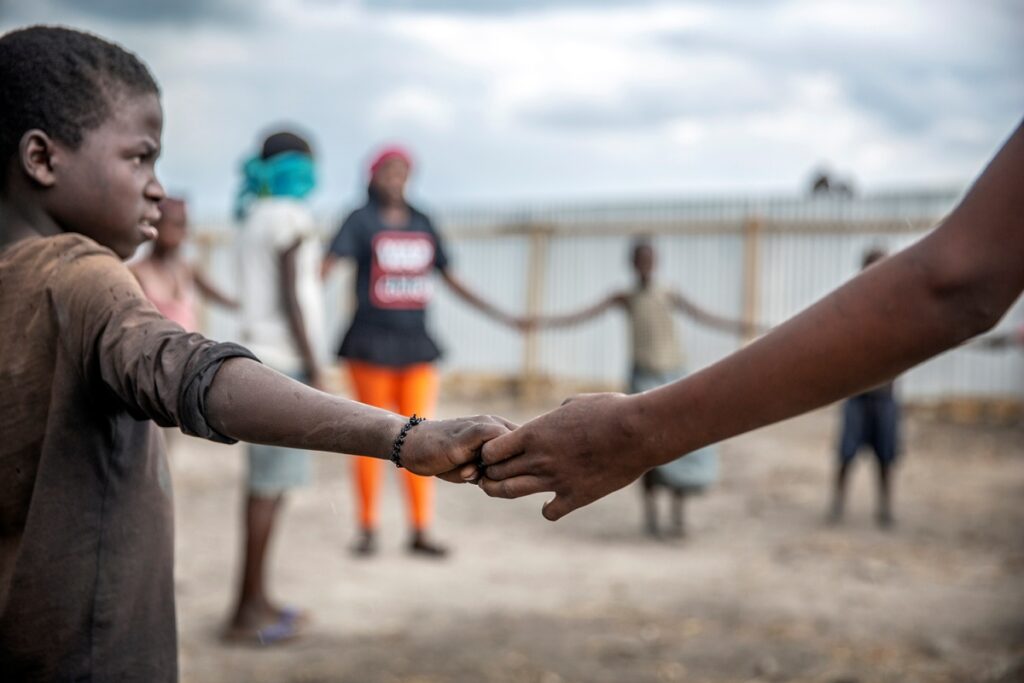Tanzania has one of the fastest growing populations in the world. It is amongst eight countries that will contribute to half of the population growth between now and 2050. It is because of such population growth that global population hit the 8‑billion-mark last week.
In 1974 when I was only five years old, the world population stood at 4 billion. Less than fifty years later, it has doubled.
In the wake of this landmark, some are asking – can planet earth withstand 8 billion people?
Is there enough food, water and shelter on earth for all these people? Mahatma Gandhi answered this question by saying, “The world has enough for everyone’s needs, but not everyone’s greed.”
Greed speaks directly to the matter of unsustainable consumption of our Natural resources.
The US State of Wyoming has roughly the same population like Nairobi’s Kayole – just over half a million. However, Wyoming emits almost four times the carbon dioxide that the entire Kenya emits. Sadly, this lopsided consumption of resources extends to other basic needs like energy and water.
According to the US government, the average American family consumes about 1,100 liters of water per day. Meanwhile, millions of Kenyan households and indeed most African families survive on less than 100 liters per day.
These two water scenarios in Kenya and USA exemplify the unsustainable consumption that is rampant in parts of the world today. A world in which one American family consumes the same amount of water as ten African families, is one that needs fixing.
According to the World Health Organization, the average person needs between 50 and 100 liters of water per day. African governments must step up and deliver this water to all Africans as a matter of urgency.
In 2006, UNEP released a report which revealed that Kenya was capable of meeting the water needs of up to seven times its population through rainwater. Fifteen years later, we are yet to tap into this immense potential. But before we cast all blame on the government, we must ask ourselves if we have integrated rainwater harvesting into our houses. We must take individual and collective responsibility since it doesn’t make sense for a water scarce country like Kenya to waste rainwater every time it rains.
Last week on Thursday, my family and friends flew for one and a half hours across Lake Victoria to Bukoba in northwestern Tanzania to attend a burial. It is located on Lake Victoria’s southwestern shores. Although this region is swarming with fish, lack of transport infrastructure between Bukoba and Kenya means that it’s easier for Kenya to import fish from China than from Bukoba.
Bukoba is currently Tanzania’s second largest port on Lake Victoria, second only to Mwanza. Imagine if there was speedy, reliable transport from Kisumu to Bukoba.
According to the Central Bank of Kenya, the Kenya-Tanzania bilateral trade was Ksh110.6 billion between January and November 2021. This figure can be much higher if water transport on Lake Victoria is increased. That is what taking responsibility for our own economic and social welfare entails.
Although consumption patterns in USA and Europe remain grossly unsustainable, they shouldn’t become Africa’s scapegoat for our weaknesses and shortcomings.
Indeed, it may be necessary for us to conduct a SWOT (strengths, weaknesses, opportunities and threats) analysis from the individual, village, ward, constituency, county, national and regional levels. That will grant us a full appreciation of our patterns of use of our God given natural capital.
We must urgently recapture a proactive approach that places the power of our sustainable development in our own hands. That way, the population growth that is particularly vibrant in this region will end up being a blessing because our human resource will produce and consume sustainably for common good. Think green, act green.



